Does the movie capture a storyline and bring it to life with the visuals and performances? Or does the movie take away from the deeper narrative of the books? The debate of book versus movie is something that sparks strong opinions amongst fans.
Without visuals, books rely heavily on portraying the message through characters’ dialogue and thoughts. This gives the audience a good grasp on not only what’s going on in the story but also dives deeper into characters’ thoughts—an aspect movies often struggle to capture. Books also tend stretch out time, giving readers time to process and interpret the text. Whereas movies tend to be much more condensed, leading straight to the point but condensing the time that viewers have to process the storyline.
Movies are a visual source of entertainment, and provide the audience with more emotion-inducing appeal, as they can bring the story to life. Especially for more complicated texts such as Shakespeare or 19th century classics, movies enable the viewer to follow the story with less effort. Many elements of a movie, such as music and sound effects may make a movie more “real”, and help tie together the emotion that is being portrayed.
Despite their emotional appeal, there have been complaints about different parts of the story being removed and not shown in movies as they are in books. Due to books often being heavily centered around internal thoughts, it is difficult make certain scenes in the book into a visual. Harry Potter, a popular book series written by J.K. Rowling, was made into a movie series. Although the novel series gained popularity through the films, there were many complaints by people that , as many parts that were numerous written parts were simply not shown in the movie., sparking many complaints.
Another factor that sparks controversy is character portrayal. In books readers have the freedom to picture the characters the way they want. On the other hand, movies take away that freedom, as they already outline the visual component. As a result, it’s easier for viewers to criticize components of the movie they don’t agree with.
For example, It Ends With Us, a well-known romance novel written by Colleen Hoover, recently created a film adaptation of the book that triggered many comments regarding the actors chosen for the film. Many readers were disappointed with the casting after seeing the actor’s performance. Moreover, people didn’t agree with the cast selection process. From age to the general vibe that certain actors gave off, the audience had a hard time picturing characters in the movie in comparison to reading the novel.
Overall, the result of books being turned into movies can attract both positive and negative feedback from the audience. Some people love seeing their favorite stories come to life, while others may feel disappointed if the film doesn’t capture the book’s complexity. Whether a book or a movie is better is a very subjective matter, as it depends on the individual’s preferences, and what factors they consider are more valuable when experiencing a story.


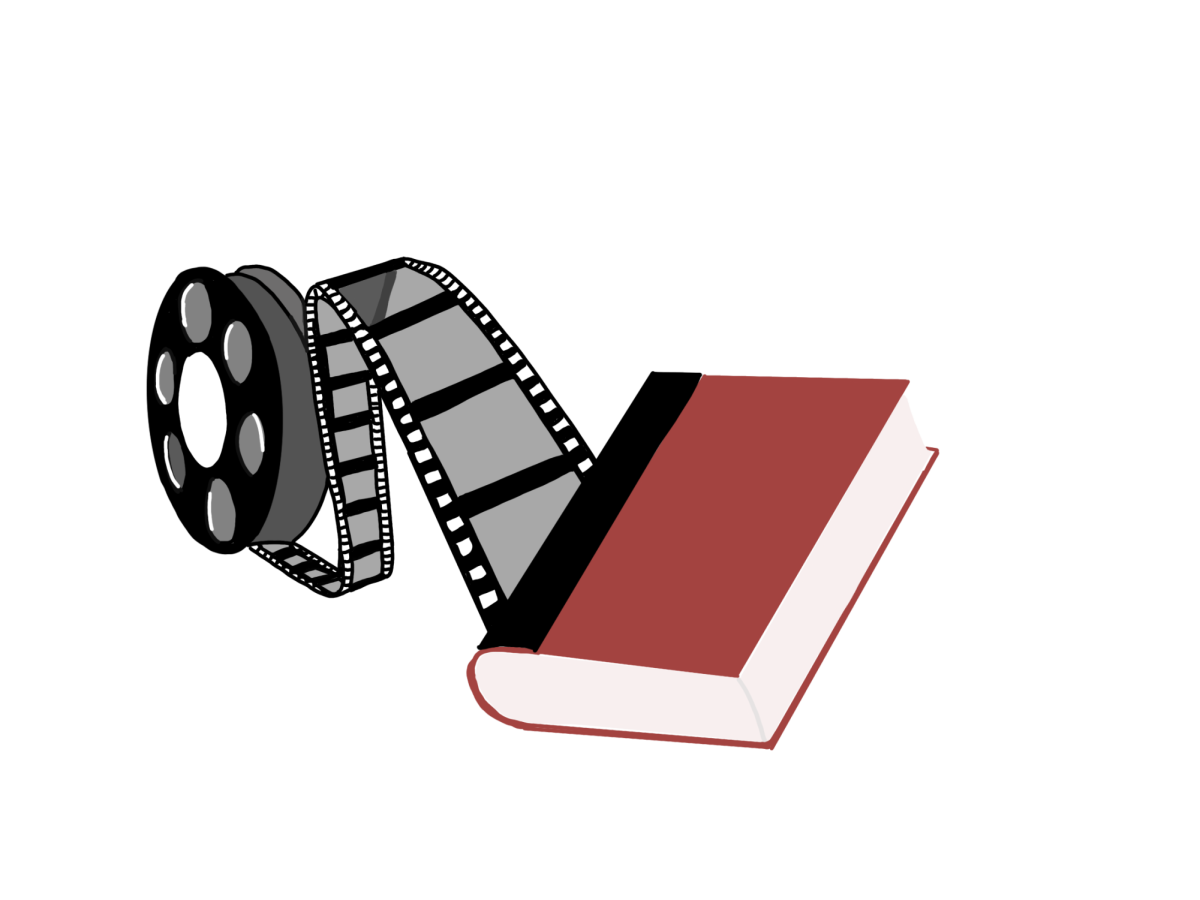






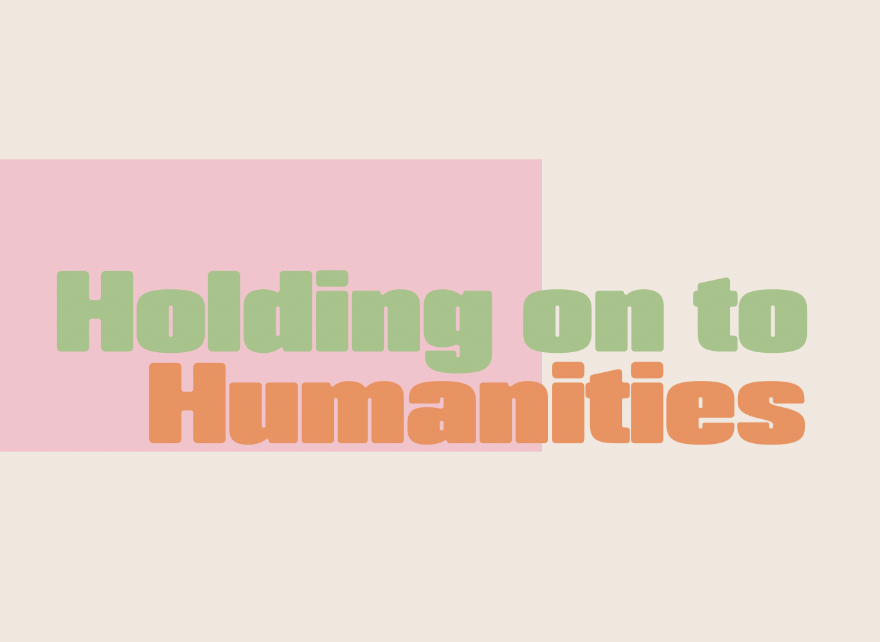




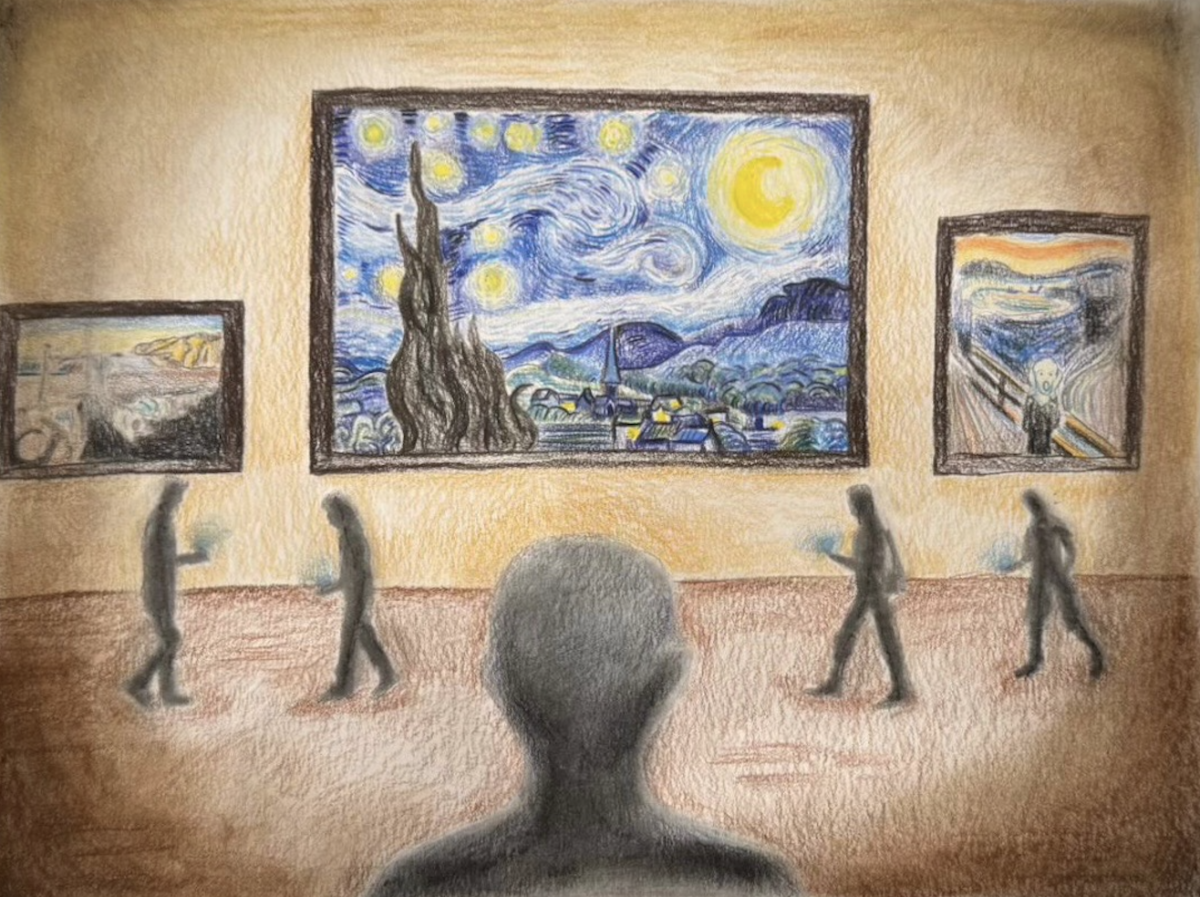

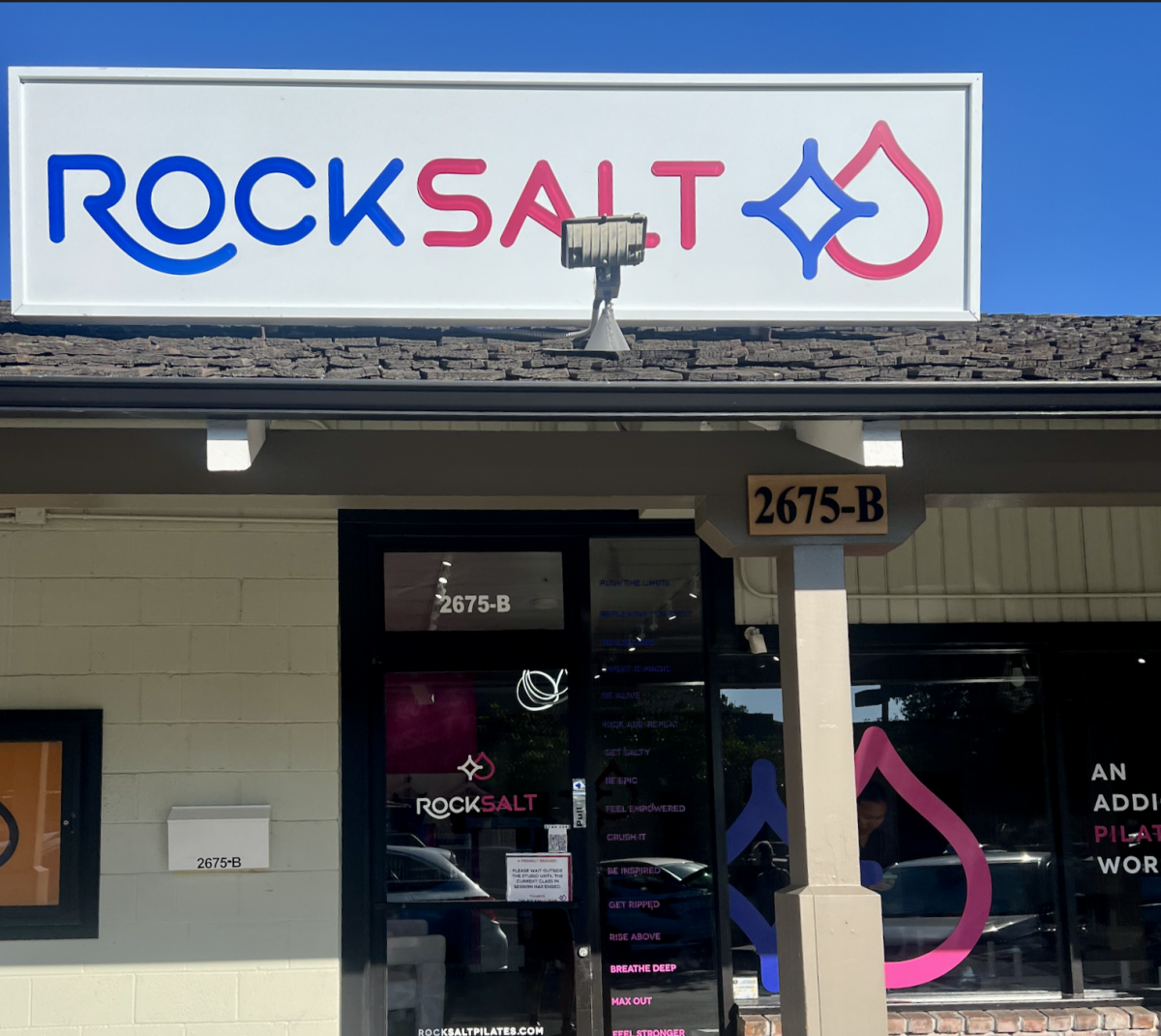
![UNSUNG HEROES — Fred Korematsu, Karen Korematsu and Aiko Herzig-Yoshinaga are awarded the Asian American Justice Medal to recognize their fight for justice following the incarceration of Japanese Americans during World War II. In addition, scientists Shuji Nakamura, David Ho, Tsoo Wang, Mani Menon and Chih-Tang “Tom” Sah receive the Asian American Pioneer Award. "[As a scientist,] it is crucially important to be able to communicate your work and your discoveries to [not only] other scientists, but also to the general public," Ho said. Photo by Talia Boneh](https://cmagazine.org/wp-content/uploads/2025/07/useee-1200x800.jpg)

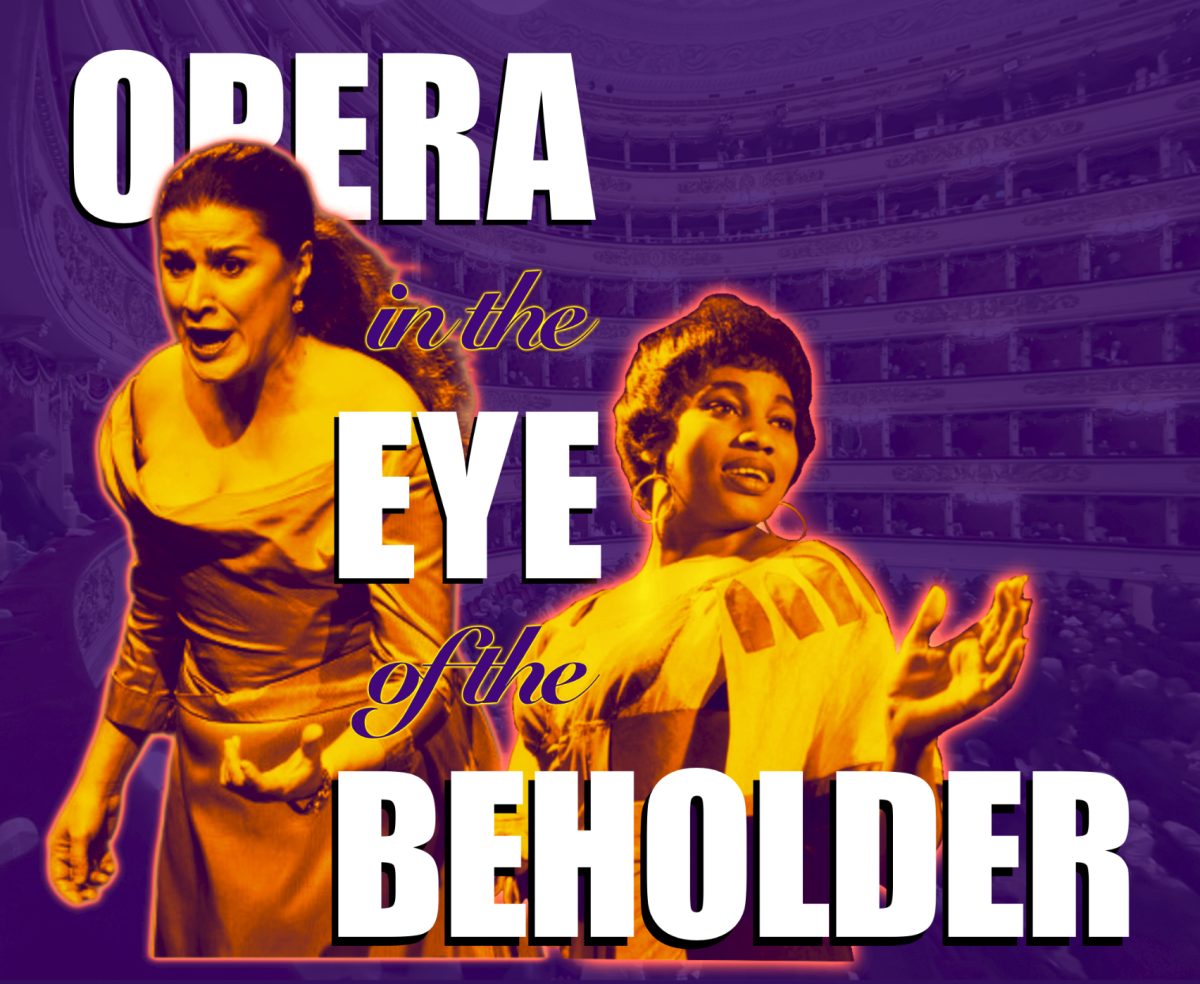
![Polynesian Club Performs at the Cultural Celebration Assembly
[Photo Courtesy of Savannah Earley]](https://cmagazine.org/wp-content/uploads/2025/04/PNG-image.jpeg)
